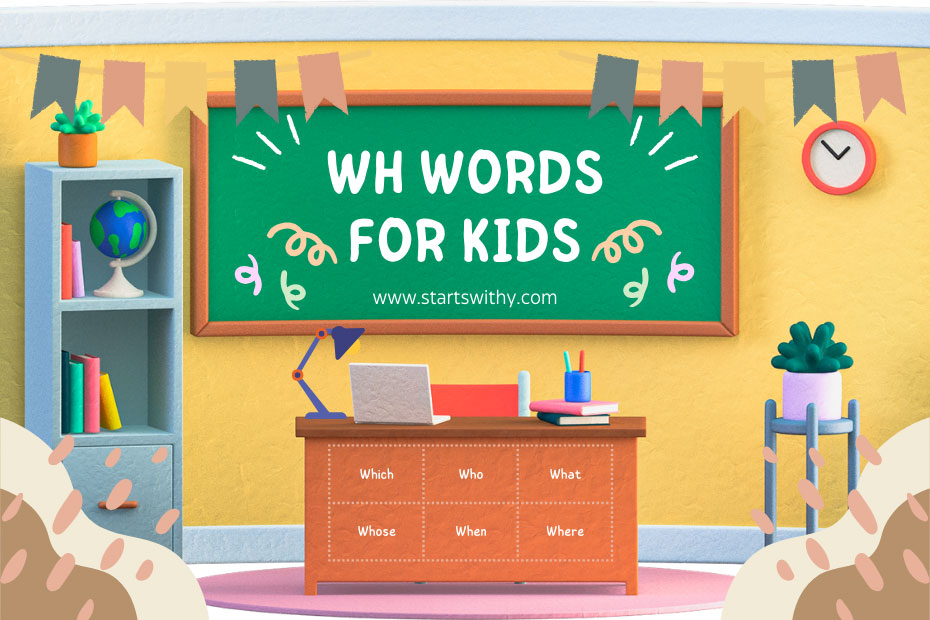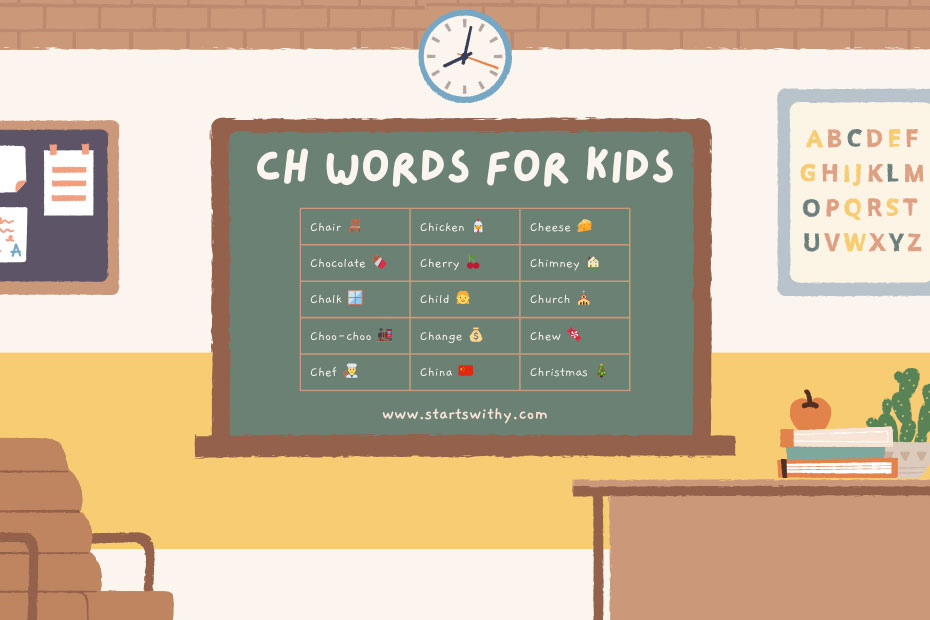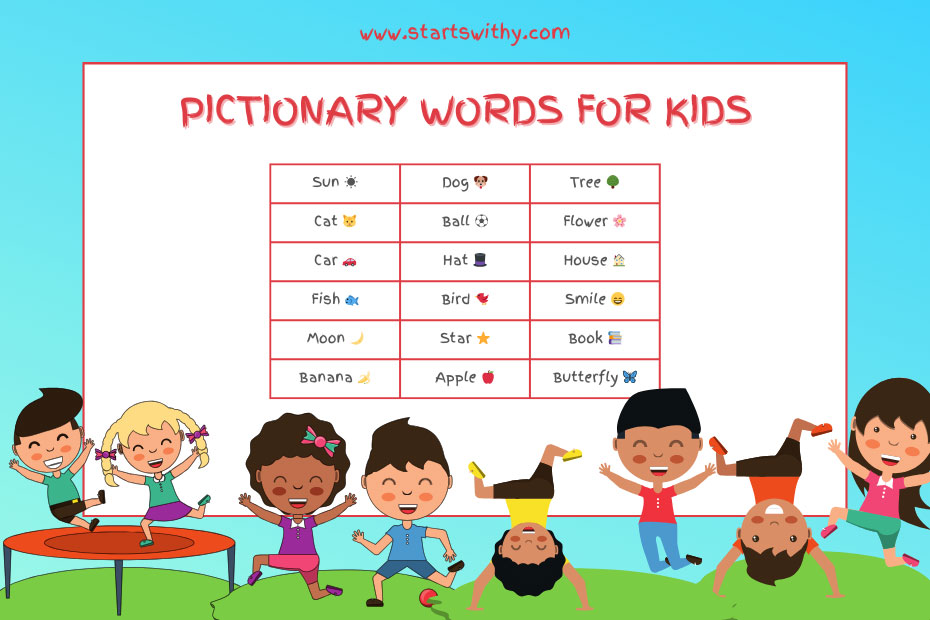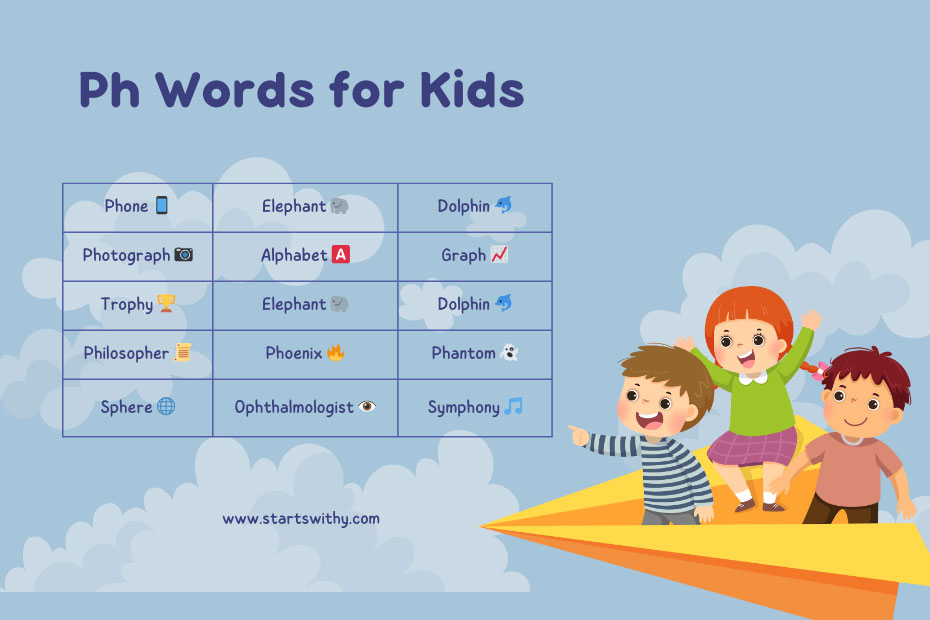Hey there! If you have a curious little one at home, you might have noticed them asking a lot of questions starting with “wh.” You know, those words like “who,” “what,” “where,” “when,” and “why.” Well, you’re in luck because in this article, I’ll be diving into the world of “wh” words for kids.
Understanding and using “wh” words is an essential part of language development for children. Not only do these words help them ask questions, but they also enable them to express their thoughts and ideas more effectively. From simple questions like “What is that?” to more complex ones like “Why do birds fly south for the winter?” we’ll explore the different types of “wh” words and how they can enrich your child’s communication skills.
What are WH words?
Definition of WH words
WH words are a group of words in the English language that are used to ask questions or to introduce relative clauses. These words are important for children as they help them express their curiosity, obtain information, and engage in meaningful conversations.
WH words are called so because they usually begin with the letters “wh.” There are several types of WH words, each serving a specific purpose in communication. These include:
- Who: used to inquire about a person’s identity or to introduce a group of people.
- What: used to ask for information about a thing, an object, or an idea.
- Where: used to ask about a location or place.
- When: used to inquire about a specific time or duration.
- Why: used to ask for the reason or cause of something.
- Which: used to inquire about a choice or selection.
- How: used to ask about the manner or method of doing something.
- Whose: used to ask about ownership or possession.
Examples of WH words
To give you a better understanding, here are some examples of questions that use WH words:
- Who: Who is your best friend?
- What: What is your favorite color?
- Where: Where did you go on vacation?
- When: When is your birthday?
- Why: Why did you choose that book?
- Which: Which car do you prefer, the red one or the blue one?
- How: How do you bake a cake?
- Whose: Whose shoes are these?
By using these WH words, children can enhance their language skills, expand their vocabulary, and develop their critical thinking abilities. Encouraging children to use WH words in their daily conversations can foster their communication skills and overall language development.
Importance of Learning WH Words for Kids
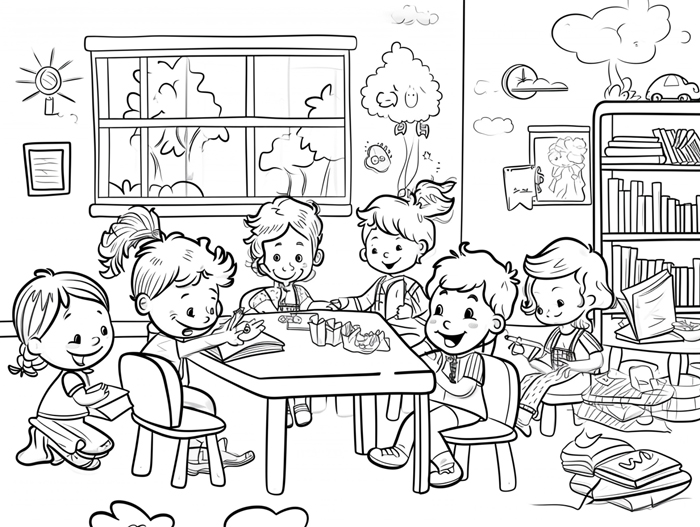
As an expert blogger with years of experience in language development, I can confidently say that learning “wh” words is crucial for kids. These words, such as “who,” “what,” “where,” “when,” “why,” and “how,” play a vital role in enhancing their communication skills and improving comprehension. In this section, I’ll explain how the learning of “wh” words can benefit children in these two key areas of language development.
Enhances Communication Skills
The ability to express oneself clearly is an essential skill for kids to develop, and “wh” words contribute significantly to this aspect of their language development. Here’s why:
- Question Formation: “Wh” words help children ask questions and seek information. By learning how to use these words, kids can become more confident in initiating conversations and seeking clarification.
For example:
- “Who is your best friend?”
- “What is your favorite color?”
- “Where did you go on vacation?”
- “When is your birthday?”
- “Why is the sky blue?”
- “How do you play that game?”
- Expressing Thoughts and Ideas: “Wh” words allow children to express their thoughts and ideas more effectively. They provide a structure for kids to share information and describe things in detail, expanding their vocabulary and improving their ability to communicate their thoughts clearly to others.
For example:
- “I like the one who has a red hat.”
- “Tell me what happened next in the story.”
- “Let’s go to the park where we can play on the swings.”
- “I’ll meet you at the library when I finish my homework.”
- “I don’t understand why this equation is so difficult.”
- “Show me how to build a tower with these blocks.”
Improves Comprehension
Another important aspect of language development is comprehension, and learning “wh” words can greatly enhance a child’s ability to understand and make sense of the world around them. Here’s how:
- Information Gathering: By using “wh” words, kids can gather and process information more effectively. When they encounter new concepts or situations, they can ask questions using these words to seek clarification and gain a deeper understanding.
- Critical Thinking: “Wh” words stimulate critical thinking in children. When kids use these words, they are encouraged to analyze and evaluate information, fostering their ability to think more critically and make connections between different ideas.
For example:
- “Why do plants need sunlight?”
- “What are the consequences of littering?”
- “How does gravity work?”
- “Where did dinosaurs live?”
- “Who wrote the famous book we read in class?”
- “When did humans first land on the moon?”
Learning “wh” words not only benefits children’s communication skills but also their comprehension abilities. By incorporating these words into their daily conversations and encouraging their use, parents and educators can help kids develop strong language skills, expand their vocabulary, and nurture their critical thinking abilities, setting them up for success in their future endeavors.
Keep reading to discover more about the different types of “wh” words and their examples, as well as practical tips to assist children in incorporating these words into their everyday language.
Commonly used WH Words for Kids
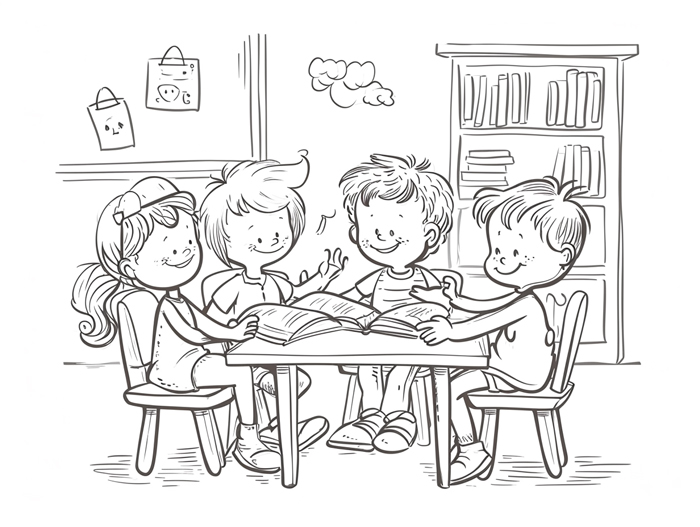
What
“What” is a powerful word that helps children explore the world around them. By asking “What,” kids can learn about objects, actions, and concepts. It encourages curiosity and enables them to broaden their knowledge. For example, they can ask questions like, “What is that?” or “What does this do?”
Where
“Where” is a useful word that allows children to understand location and spatial relationships. It helps them inquire about places, addresses, and positions. By using “Where,” kids can develop a sense of direction and navigate their surroundings. They can ask questions such as, “Where is the park?” or “Where did you put my toy?”
When
“When” assists children in comprehending time and sequencing. It helps them understand events, schedules, and past or future occurrences. By using “When,” kids can grasp the concept of time and develop a sense of order. They may ask questions like, “When is my birthday?” or “When did we go on vacation?”
Who
“Who” enables children to explore the people and characters in their lives. It helps them ask about identities, relationships, and roles. By using “Who,” kids can understand social dynamics and develop empathy. They might ask questions such as, “Who is my teacher?” or “Who is that person?”
Why
“Why” is a powerful word that encourages critical thinking and reasoning. It helps children delve into causes, motivations, and explanations. By using “Why,” kids can develop a deeper understanding of the world around them. They can ask questions like, “Why does it rain?” or “Why do we need to sleep?”
How
“How” empowers children to investigate processes, methods, and procedures. It helps them understand the steps and actions involved in various tasks. By using “How,” kids can enhance their problem-solving skills and become more independent. They may ask questions such as, “How do I tie my shoes?” or “How does this machine work?”
Which
“Which” aids children in making choices and comparisons. It helps them explore options, preferences, and selections. By using “Which,” kids can develop decision-making skills and express their preferences. They might ask questions like, “Which toy should I choose?” or “Which color do you like?”
Remember, incorporating these “wh” words into daily conversations can enhance children’s language skills, expand their vocabulary, and nurture their critical thinking abilities. By encouraging them to ask questions and express their thoughts and ideas using these words, we can support their language development and foster their natural curiosity.
Tips for Teaching WH Words to Kids
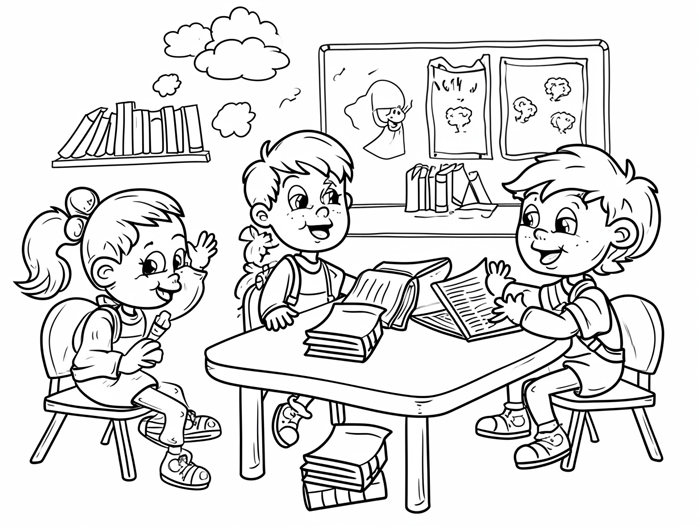
Make it fun and interactive
When teaching WH words to kids, it’s important to make the learning process fun and interactive. Engaging children in activities that involve using these words can make the experience enjoyable and effective. Here are some ideas to make learning WH words a joyful experience:
- Storytelling: Create or find stories that incorporate WH words. Encourage children to participate by asking questions like “Who,” “What,” “Where,” “When,” “Why,” and “How.” This interactive approach allows kids to practice using these words in a meaningful way.
- Scavenger Hunts: Organize scavenger hunts where children have to find objects or answer questions related to WH words. For example, they may be asked to find something that starts with a specific letter or locate an object that answers a particular question.
- Puzzles and Games: Use puzzles and games that involve answering questions or filling in the missing WH word. This helps children develop their problem-solving skills and reinforces their understanding of these words.
Use real-life examples and situations
To help children grasp the meaning and usage of WH words, it’s important to provide real-life examples and situations. By using these words in context, kids can see how they are used in everyday conversations. Here are some strategies to incorporate real-life examples:
- Conversations: Engage children in conversations where you use WH words naturally. Encourage them to ask questions and express their thoughts using these words. For instance, while going for a walk, you can point out interesting things and ask questions like “What do you think that is?” or “Where do you think that bird is going?”
- Reading: Choose books that include WH words or have stories with situations that can prompt children to use these words. During and after reading, discuss the story and ask questions to encourage children to use WH words to express their thoughts and understanding.
- Field trips: Take children on field trips to places like the zoo, museum, or park. Encourage their curiosity by asking questions with WH words about the things they observe. For example, “Why do you think the lion is sleeping?” or “Where do you think those ducks are going?”
Practice through games and activities
In addition to incorporating WH words into daily conversations, it’s beneficial to provide children with specific games and activities that focus on practicing and reinforcing their understanding of these words. Here are some suggestions:
- WH Word Hunt: Create flashcards with WH words and hide them around the house or classroom. Encourage children to find the cards and use the word on each card in a sentence.
- Role-Play: Engage children in role-playing scenarios where they have to ask and answer questions using WH words. This helps them practice using these words in different contexts and builds their confidence in using them.
- Sentence Building: Provide children with sentence-building activities where they have to create sentences using WH words. This can be done through physical manipulatives, online interactive tools, or simply by writing the words on cards and arranging them to form meaningful sentences.
Remember, the key to teaching WH words to kids is to make it enjoyable, provide real-life examples, and offer ample opportunities for practice. By incorporating these techniques into your teaching approach, you can help children develop strong communication skills and foster their curiosity and critical thinking abilities.
Conclusion
Teaching “wh” words to kids is crucial for their language development. These words play a significant role in helping children ask questions, express themselves, and enhance their comprehension skills. By incorporating fun and interactive techniques, such as using real-life examples and engaging in games and activities, we can make learning “wh” words an enjoyable experience for children.
By teaching “wh” words effectively, we can help children develop strong communication skills and foster their curiosity and critical thinking abilities. This not only benefits their language skills but also prepares them for success in various aspects of life.
So, whether you’re a parent, teacher, or caregiver, remember the importance of “wh” words in a child’s language development. Make learning these words a priority and create an environment that encourages their use. By doing so, you’ll be setting the foundation for your child’s future success in communication and understanding the world around them.
